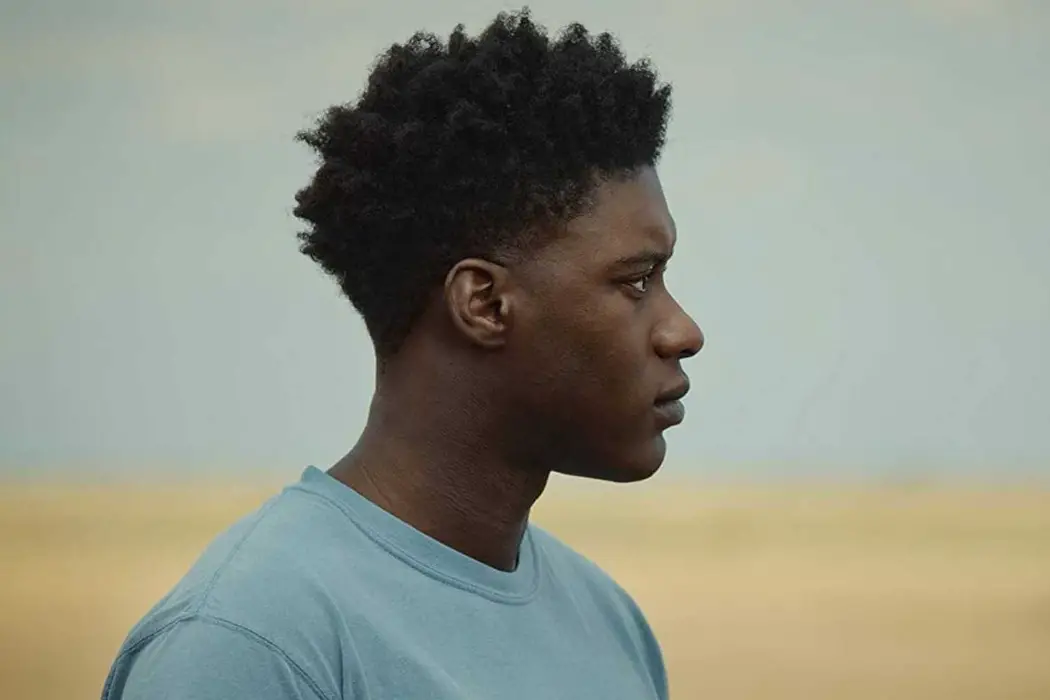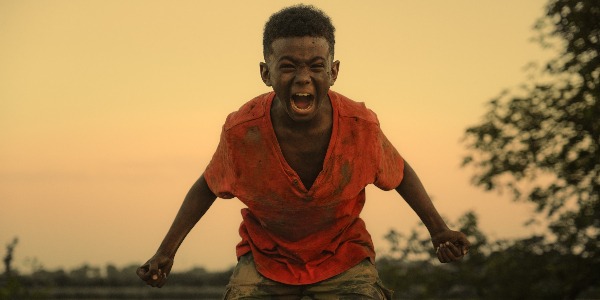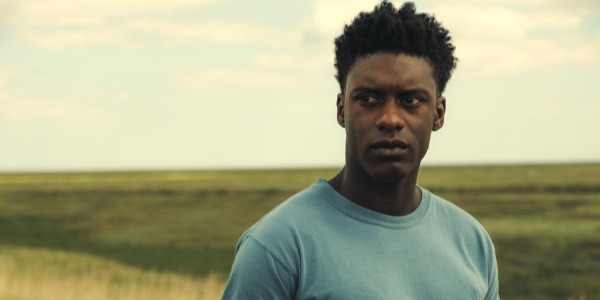THE LAST TREE: A Striking Coming Of Age Story

Alistair is a 25 year old writer based in Cambridge.…
There has been much discussion recently about whether white writers can effectively review films by directors of colour, due to a number of publications repeatedly posting reviews from white critics with various misunderstandings of cultural nuances. This might be why The Last Tree, the sophomore, semi-autobiographical feature from British director Shola Amoo, is so striking.
With a narrative pieced together from five years of reflection on his own experiences and interviews with other British Nigerians, Amoo has calmly, authoritatively told a personal story while dismantling the stereotypes white audiences might expect from a coming of age story about a character of colour.
Specific yet Universal
It’s a highly specific tale of childhood and young adulthood that has a universality to its themes; the feeling of displacement from your peers, the disconnection from your family, and the overwhelming confusion as to what path life is leading you down. But these familiar coming of age traits are handled in an unexpected manner, with richly detailed explorations of cultural anxieties and disconnects that are rarely depicted within cinema.

It may be easy to sneer at Roger Ebert’s oft-cited quote about movies being “empathy machines” designed to put privileged audiences in the shoes of lives outside their own, but The Last Tree is the type of film the late critic was referring to with that statement. Here’s a window into the life of a kid who doesn’t normally get to be the centre of his own narrative, told without condescending to British Nigerian audiences, or pandering to the preconceptions some white audiences may hold. It’s a story designed to elicit an emotional response from any audience, but because of its authenticity above anything else.
The story follows the life of Femi, as a nine year old growing up in rural Lincolnshire, to his teenage years growing up in London. In his younger years, he lives with a white foster mother, and his entire circle of friends are white – but his childhood is happy to the extent that when he gets told his birth mother is now ready for him to move in, he is apprehensive to move. Years later, we pick up with Femi (then played by rising star Sam Adewunmi) as he is struggling with school, constantly at blows with a mum he resents for taking away his quaint childhood, and grappling with his attempts to fit in with peers who he shares no mutual interests with.
A Few Coming of Age Cliches Along the Way
Amoo has stated that the only aspects that are directly autobiographical are that he was fostered by a white carer, and that he struggled to adapt to a different culture when moving in his later years, with the subsequent narrative fleshed out via extensive interviews. Naturally, the least successful moments are those that fall victim to coming of age cliche and don’t appear to have organically arisen from interviews, in particular an ill fitting subplot about a local gang leader courting Femi’s help. This subplot resolves itself with little consequence, adding little to the crisis of identity that the more lowkey character study couldn’t already provide.
Of course, it’s very difficult for movies in this genre to entirely avoid cliche, and Amoo handles some of the other stereotypical coming of age traits with less obviousness. The teacher who acts as a role model, recognising something in Femi that nobody else can, is underplayed as an archetype, even if this character’s presence is important to articulate how Femi’s search for identity is causing him to overlook his education.

But for the most part, The Last Tree upturns various stereotypes. Despite growing up in a seemingly all white area, we never see Femi experience racism or have an unhappy childhood – in fact, it’s when he arrives in multicultural London that the film depicts racism for the first time, as Femi’s friends bully a classmate for having the darkest skin in class. Naturally, I’ll defer any deeper conversations on colourism to writers of colour, but it’s rare to see an issue so often spoken about on twitter threads or opinion pieces (but largely overlooked in the wider political discourse on race issues) actually depicted in film.
Similarly, his crisis of identity is best articulated in the small moments. Even a small sequence, like Femi pretending he was listening to 2Pac as his headphones are really playing The Cure, does more to demonstrate the struggle of fitting in than the gang subplot, which turns the unspoken anxieties into generic exposition, much to the film’s detriment.
The Last Tree: Conclusion
The Last Tree isn’t perfect, but it’s an honest and insightful coming of age story that deserves to find an audience. Boys like Femi rarely get a chance to have their stories told on screen – and director Shola Amoo has successfully articulated the struggles of living between two separate cultures to a wider audience, while mostly avoiding the cliches of this genre.
The Last Tree is released in UK cinemas on September 27.
Does content like this matter to you?
Become a Member and support film journalism. Unlock access to all of Film Inquiry`s great articles. Join a community of like-minded readers who are passionate about cinema - get access to our private members Network, give back to independent filmmakers, and more.
Alistair is a 25 year old writer based in Cambridge. He has been writing about film since the start of 2014, and in addition to Film Inquiry, regularly contributes to Gay Essential and The Digital Fix, with additional bylines in Film Stories, the BFI and Vague Visages. Because of his work for Film Inquiry, he is a recognised member of GALECA, the Gay & Lesbian Entertainment Critics' Association.













